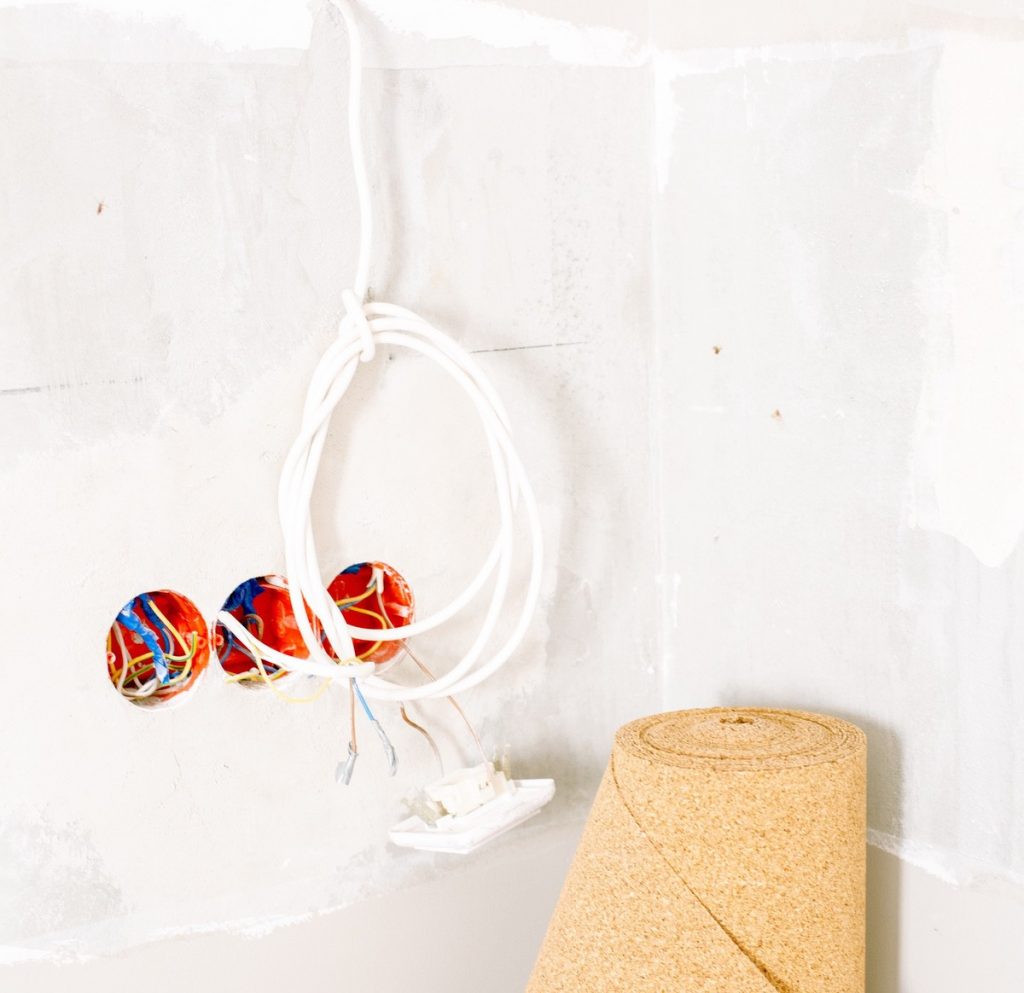Why solar panels are the only home improvement that pays back

A key factor influencing the take-up of solar could be that homeowners still don’t perceive solar panels as a value-adding home improvement, but rather as a low-priority item.
In 2018, Moneywise reported that homeowners typically spend over £10,000 on renovation work, while Homes & Property Magazine reported in 2019 that the average spend on home improvements had risen to around £14,015.
Yet The Renewable Energy Hub’s 2020 study on the cost of solar panels concludes that the cost of an average solar panel array for a semi-detached home now stands at just £3,800 including installation; a fraction of the average annual spend on home improvements.
People should definitely look at solar as a home improvement – not only because it costs much less than people think, but because it’s one of the few home improvements that actually has a payback. Most other home improvements may increase the value of your home, while solar panels do the same but in addition to reducing energy bills for decades to come.
Variations in statistics about the time it could take to recoup an investment in solar panels may also be muddying the waters; sites like Money Saving Expert estimate it would take between 26 and 62 years to break even, based on the now outdated price of over £6,000.
But as new technologies emerge and our energy usage models change, payback time may be much shorter than people think. From our experience, it’s much closer to 10 or sometimes 15 years – but it can be even shorter than that when you introduce things like battery storage and smart plugs.
The other advantage is that they’ll provide free energy for the next 30 years or so, and energy bills are only going to get more expensive. But we should also be looking beyond monetary terms; ultimately, it’s about reducing the carbon emissions of your home and taking responsibility for your own energy.
Keep checking back on our blog for more insights on climate change attitudes and opinions, or download the full research paper here.
